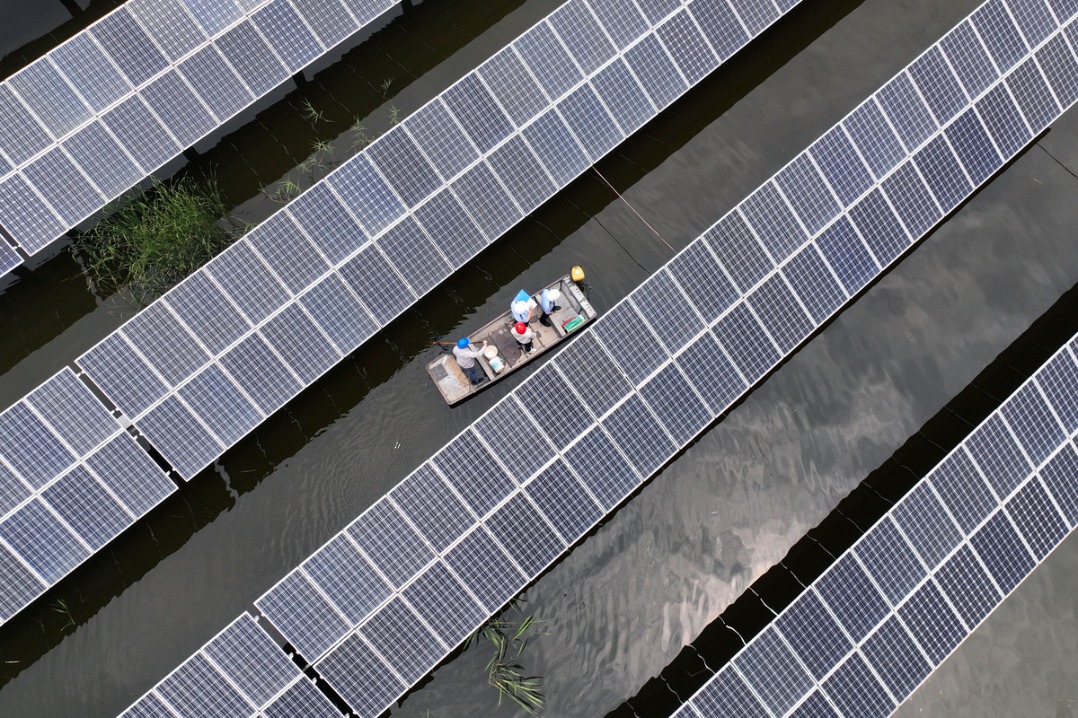Deciphering the Role of JETPs in Climate Change Mitigation
As developing nations grapple with the imperative to shift away from coal-powered energy sources, the efficacy of Just Energy Transition Partnerships (JETPs) is under scrutiny. These multi-billion dollar deals, portrayed as a revolutionary solution, are now being analyzed for their impact on transitioning emerging economies toward renewable energy.
Understanding JETPs: A Financial Compact for Transition
JETPs constitute financing agreements between affluent nations and major developing economies, particularly those heavily reliant on coal. The primary objective is to mitigate the socio-economic impact of this transition on communities. According to Leo Roberts from think tank E3G, these arrangements are driven by donors seeking cost-effective emissions reductions to align with global warming goals, while recipient nations aim for development and economic growth.
Global JETP Signatories and Concerns
South Africa pioneered the first JETP, a $8.5 billion deal with Britain and other wealthy nations, focusing on relieving the nation from the economic burden of aging coal plants. Indonesia followed suit, securing a $20-billion pledge, while Vietnam seeks a $15-billion JETP to power extensive development. Concerns have arisen regarding Vietnam’s reliance on coal-fired plants until their operational life ends, alongside shrinking civil society space.
Critical Assessment of JETP Funding and Viability
Criticism has surrounded the funding structure of JETPs, particularly the South Africa deal, primarily composed of loans with interest rates comparable to the market. Experts argue that the funds provided by JETPs fall significantly short of meeting the financial demands of a comprehensive energy transition. Instead, they are viewed as incentives for attracting private finance.
Prospects and Future Implications
Despite skepticism, high-level support for JETPs might contribute to their endurance. However, questions loom over the feasibility of a JETP for India, as New Delhi seems hesitant. Analysts suggest that while JETPs may not be a panacea, they can serve as a foundational element for a more systemic and scalable approach to help developing nations abandon fossil fuels.
In conclusion, the effectiveness of JETPs hinges on refining their financial models and aligning them with the comprehensive energy transition needs of each country, ensuring a meaningful shift toward sustainable practices.
Source: thejakartapost.com





